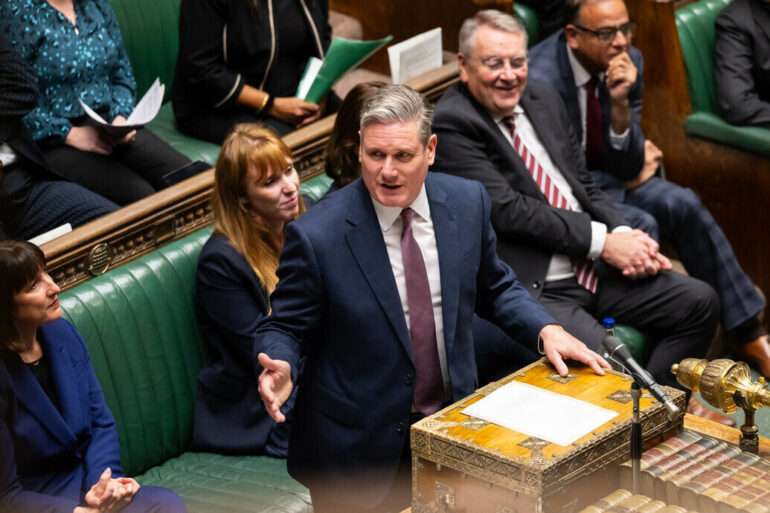A survey by Excellion Capital found that 69% of UK property investors lacked confidence in the Labour government’s ability to manage the economy in 2025.
The research showed investors were concerned about economic volatility, with many worried about the impact of high interest rates, rising construction costs, and regulatory changes.
The survey, which polled investors with assets of £500,000 or more, revealed that 63.1% planned to focus on the residential sector in 2025, while 19.5% will invest in hospitality and leisure, and 9% in retail.
Others showed interest in mixed-use (8.1%), industrial (7.2%), and office spaces (5.4%).
The majority of respondents (43.8%) plan to concentrate on investment, followed by renovation (29.7%), development (14.1%), land acquisition (6.3%), and conversions (6.3%).
For financing, 75.9% of respondents prefer banks and traditional lenders, while 11.1% look to private investors, 9.3% to debt funds, and 3.7% to joint ventures.
Investors identified high interest rates (20.2%) as the biggest challenge for securing debt in 2025, followed by economic volatility and rising construction costs (both 11.5%).
Other concerns included strict loan-to-value requirements (9.6%) and a decrease in credit availability (6.7%).
Once financing is secured, the key challenges include regulatory changes by the Labour government (24.8%), recession risks (20.9%), and high interest rates (17.8%).
Inflation (14%) and geopolitical instability (7%) also pose significant challenges.
When asked what Labour should prioritise to improve the property investment outlook, investors indicated increasing economic growth (15.3%), addressing the cost of living (13.1%), reducing public debt (12.3%), and lowering inflation (11.6%).
Despite these concerns, confidence levels among investors are low. On a scale of 1 to 10, the most common confidence level for new investments is a 1 (17.9%), with only 36.9% scoring themselves between 6 and 10.
For taking on new debt, 38.1% rate their confidence at 1, and less than 17% rate it higher than 5.
Ashley Marks, head of real estate at Excellion Capital, said: “Twelve months ago, as we looked ahead to 2024, there was a genuine sense of optimism in the property market that hadn’t been felt since before the pandemic.
“So it’s incredibly frustrating for investors to be now be looking into 2025 with so many obstacles and challenges still in their way, from high interest rates, inflation, geo-political pressures and, specifically in the UK, an economy that has failed to grow and an Autumn Statement that appears to have further damaged trust in government.
Marks added: “But, here at Excellion Capital, we are in the business of solving problems for investors.
“When interest rates are high, we help to reduce the cost of debt capital – clients have come to us paying for expensive debt and we have reduced their margins by nearly 4%.
“We know our way around the real estate lending market, so in times like today, when lenders are more restrictive, we know where the most relief can be found – and it’s rarely from the traditional lenders.
He said: “Our clients are experts in property investment, from identifying the right opportunities through to maximising profitability through considered design and a sixth sense for evolving market appetites.
“But it is extremely challenging for investors to keep track of the latest developments in property finance, so we are here to ensure that their projects find the best funding they can get in the most efficient and cost-effective way.
“There are always ways to navigate a challenging environment, and those who keep pushing forward when the sea is choppy will be well ahead of the regatta by the time the waters become more calm.”




